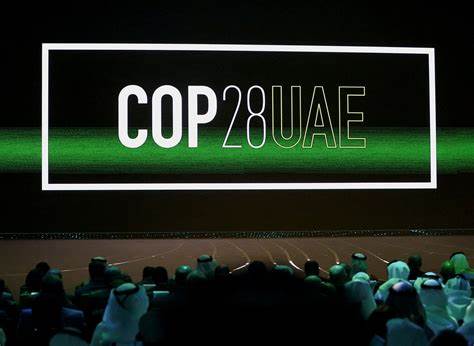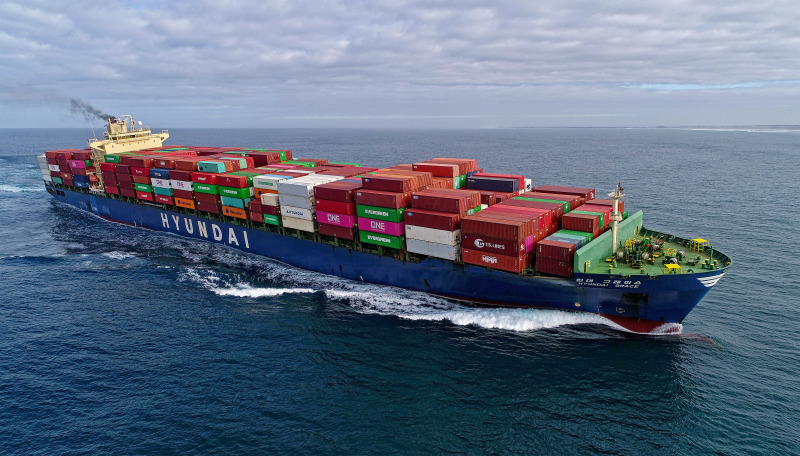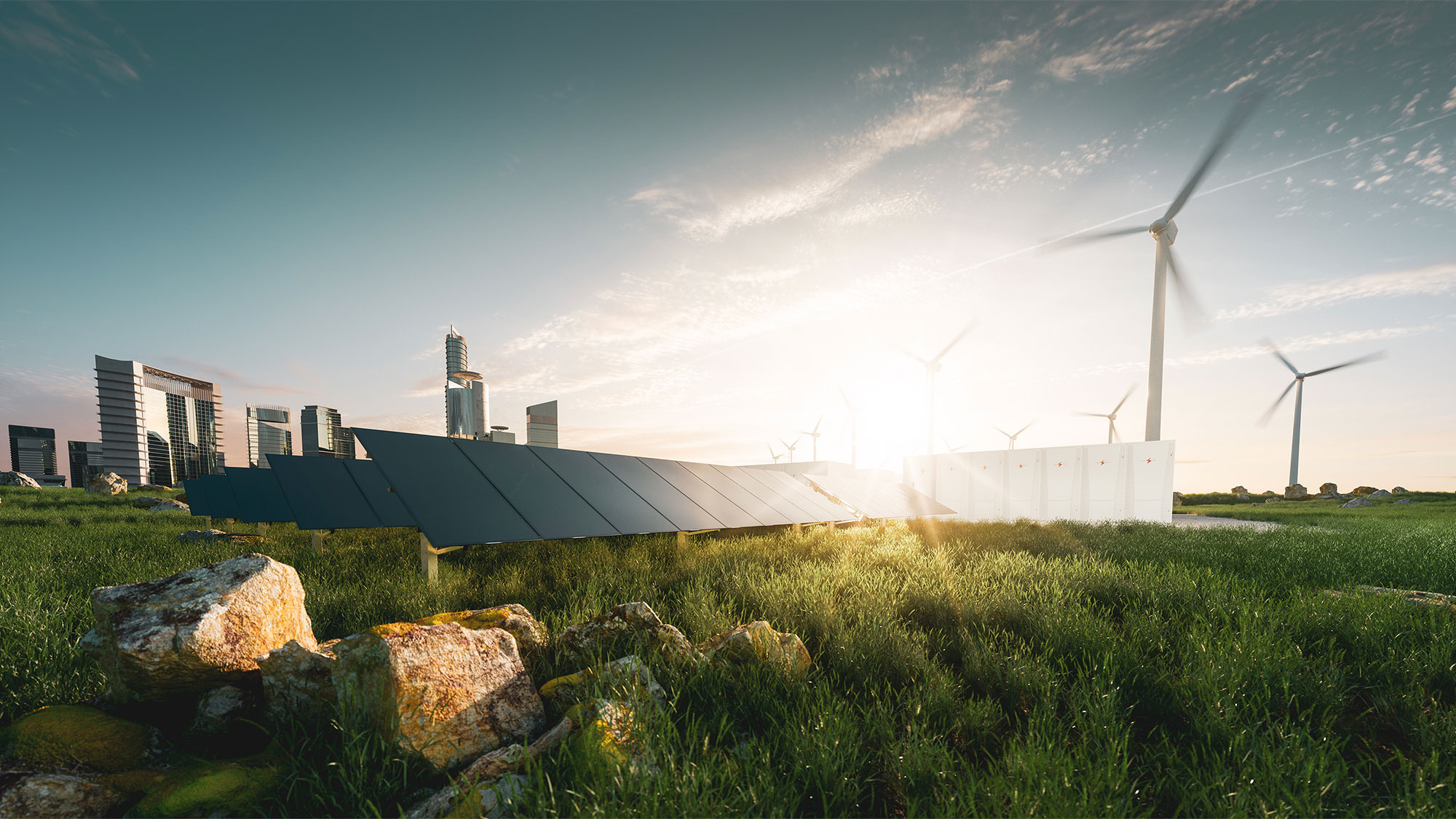Recently, the Ministry of Plantation and Commodities (KPK) of Malaysia said that it is studying the integration or unification of production models of small farmers with rubber plantations between 500 and 1,000 hectares in the country to increase rubber production capacity and reduce costs.
The ministry said that the proposed cluster is expected to be implemented in three states with a high concentration of underdeveloped areas, namely Kelantan, Kedah and Pahang. There are 420,000 hectares of rubber trees in Malaysia that are mature but have not yet been tapped. KPK said this is due to the lack of skilled workers for tapping and low rubber prices. After integrating small farmers, the time for rubber processing plants to purchase rubber directly from small farmers can be shortened, and small farmers can also get a better sales price.
The ministry said that there are a total of about 1.1 million hectares of rubber plantations in the country, of which 93% are small farmers and 7% are plantation owners. A total of 217,000 small farmers are involved in natural rubber production, of which 195,000 small farmers renew their rubber trading licenses every three years.
In addition, the Malaysian government has stated that it does not plan to increase the area of ??rubber plantations, but instead hopes to focus on increasing the natural rubber production of existing rubber trees by introducing policies to encourage more rubber tappers.


